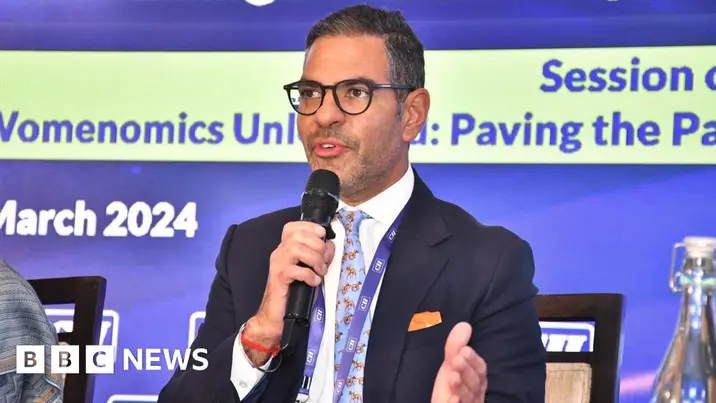T4K3.news
Inheritance battle at Sona Comstar
A high profile family feud over succession unfolds as Sunjay Kapur dies and the board faces competing claims from family members.

A sudden death triggers a public dispute over who controls a major Indian auto components group.
Inheritance battle tests India's family business rules
Sunjay Kapur died on 12 June in Surrey, UK, after a heart attack while playing polo. He was a key heir to Sona Comstar, a $3.6bn business with a global footprint including plants in India, China, Mexico and the United States. Public shareholders own about 71.98% of Sona Comstar, with the remaining 28.02% held by promoters via Aureus Investments, and Sunjay was the sole beneficiary of the RK Family Trust, which controls the promoter stake. Weeks after his death, his mother, Rani Kapur, who formerly chaired the group, sent a letter to the board raising questions about his death and the appointments made after. She alleged the death was in “highly suspicious and unexplained circumstances,” and said she was coerced into signing key documents while in distress. The coroner’s office in Surrey said the postmortem found natural causes and that the investigation had been closed. The board proceeded with an AGM, appointing Sunjay’s wife Priya Sachdev as a non-executive director the day after Rani Kapur’s appeal, while the company denied her claims and said she had no role in Sona Comstar since 2019.
Key Takeaways
"The investigation has been closed"
Statement from the Surrey coroner’s office confirming natural causes
"It is unfortunate that while the family and I are still in mourning, some people have chosen this as an opportune time to wrest control and usurp the family legacy"
Rani Kapur on the timing of the dispute
"most Indian family businesses operate with significant ambiguity about specifics"
Kavil Ramachandran on governance gaps
"On the demise of the patriarch, disputes arise, both on ownership and on management"
Ketan Dalal on family ownership disputes
India has a long tradition of family controlled firms, and this case underscore how those loyalties collide with formal governance. Ownership is tangled through family trusts and promoter entities, which can obscure voting power and complicate succession. Experts note that 90% of listed Indian firms are family controlled, yet only about 63% have formal succession plans, leaving room for ambiguity and conflict when a patriarch dies. The case also highlights how boards respond under pressure when a family dispute erupts into public view, risking not just governance norms but investor confidence.
Highlights
- Legacy should not be a loophole for control
- Power is measured in documents not in ties
- The board is the final referee in a family feud
- Clear rules beat personal ties in business
Family feud risks minority investors and governance
The dispute at Sona Comstar highlights governance risks when family control overlaps with public ownership. Without clear succession rules and independent oversight, disputes can erode trust, delay decisions, and potentially trigger regulatory scrutiny.
The outcome may set a precedent for how Indian family firms balance tradition with formal governance.
Enjoyed this? Let your friends know!
Related News

Inheritance dispute continues for Car Boot King fortune

Economic confidence reaches historic low amid tax worries

Hulk Hogan's daughter not included in will

Marriage prompts backlash as landowner dies shortly after wedding

Adeel Akhtar impresses in The Estate

Widow faces backlash after marriage to wealthy landowner

NFL training camps open amid fierce competition

Alan Permane appointed as new team principal of Racing Bulls
